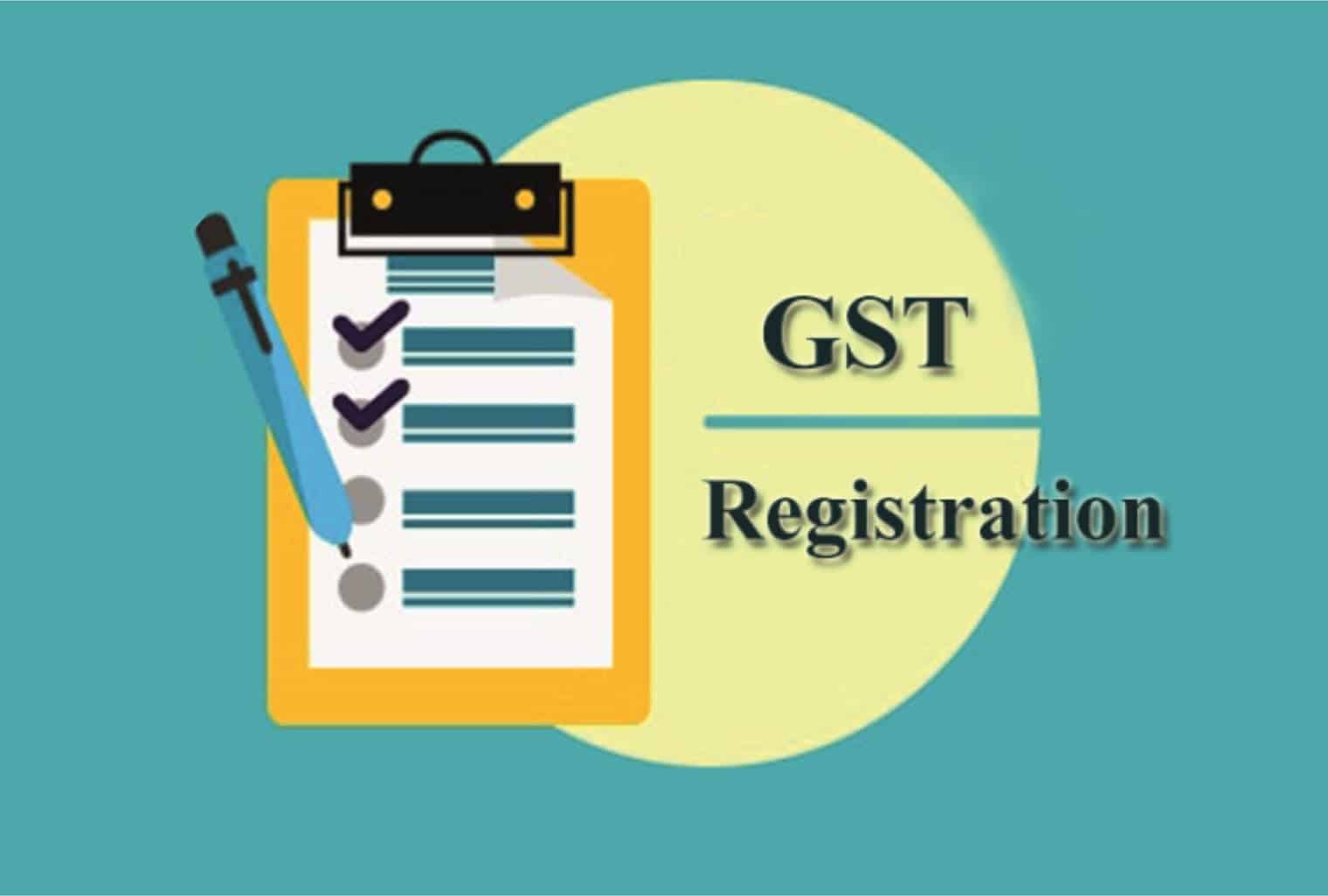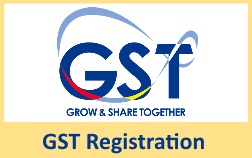Top Rated Best GST Registration Services in Singapore for 2024
Top Rated Best GST Registration Services in Singapore for 2024
Blog Article
From Beginning to End Up: The Ultimate Roadmap to GST Registration for Companies Looking For Financial Security
Navigating the complexities of Product and Solutions Tax (GST) registration is an important action for organizations striving for financial stability. Breaking down the roadmap right into convenient actions can simplify the enrollment trip for companies looking to improve their monetary standing.
Comprehending GST Essentials
Delving into the fundamental concepts of Product and Provider Tax Obligation (GST) is important for getting an extensive understanding of its implications on organizations and the economy. Input Tax Obligation Credit History (ITC) is a considerable function of GST, allowing companies to declare credit rating for tax obligations paid on inputs, minimizing the total tax obligation burden. Recognizing the basics of GST is important for organizations to comply with tax obligation guidelines, handle their funds successfully, and contribute to the nation's financial development by getting involved in a clear tax system.
Eligibility Requirements for Registration
As of the current policies, the threshold limitation for GST enrollment is a yearly aggregate turnover of 40 lakhs for organizations operating within a state, except for special group states where the restriction is 20 lakhs. In addition, specific businesses are called for to register for GST regardless of their turnover, such as interstate distributors, casual taxable individuals, and companies accountable to pay tax under the reverse charge system. It is essential for organizations to completely evaluate their turn over and purchase types to identify their GST enrollment commitments accurately.
Files Needed for Registration
Having actually fulfilled the eligibility criteria for GST enrollment, businesses have to currently guarantee they have the requisite documents in location to wage the enrollment procedure effectively. The records required for GST enrollment typically include proof of company constitution, such as collaboration deed, registration certificate, or consolidation certification for various sorts of businesses. Additionally, companies require to offer files establishing the primary workplace, such as a rental agreement or electrical energy costs. PAN card of the company, along with the identification and address evidence of promoters/partners/directors, are necessary for verification objectives. Checking account declarations, together with canceled cheques or a copy of the financial institution passbook, are called for to verify the monetary details offered during enrollment. Services need to have electronic signatures ready for the accredited signature. Guaranteeing all these documents are arranged and conveniently available will speed up the GST registration procedure, making it possible for services to adhere to tax obligation policies seamlessly.
Step-by-Step Enrollment Process
Beginning the GST registration process includes a collection of structured actions to make sure a compliant and smooth enrollment for services. The first step is to check out the GST website and complete the enrollment kind with accurate details of the company entity. Following this, the candidate receives a Momentary Referral Number (TRN) which is used to return to the application process if it's not finished in one go.
Following, all needed files based on the list given by the GST portal demand to be submitted. These records generally include proof of service address, registration and identification proofs of marketers, financial statements, and service entity's frying pan card.

Post-Registration Compliance Standards

Verdict
In conclusion, companies seeking financial security needs to understand the essentials of GST, meet eligibility standards, gather necessary records, follow the step-by-step registration process, and abide with post-registration standards - Best GST registration services in Singapore. By adhering to these actions, organizations can make certain conformity with tax laws and maintain economic stability in the future
In addition, specific useful site companies are needed to register for GST irrespective of their turn over, such as interstate distributors, laid-back taxed individuals, and services responsible to pay tax obligation under the reverse fee mechanism.Having actually met the qualification criteria for GST enrollment, businesses should currently guarantee they have the requisite files in location to continue with the registration process effectively. The files needed for GST enrollment commonly include evidence of organization constitution, such as collaboration action, enrollment certification, or unification certification for different types of companies. Furthermore, organizations require to give files developing the primary place of service, such as a rental agreement or electrical power expense.Starting the GST enrollment process entails a series of organized actions to straight from the source make sure a compliant and seamless registration for companies.
Report this page